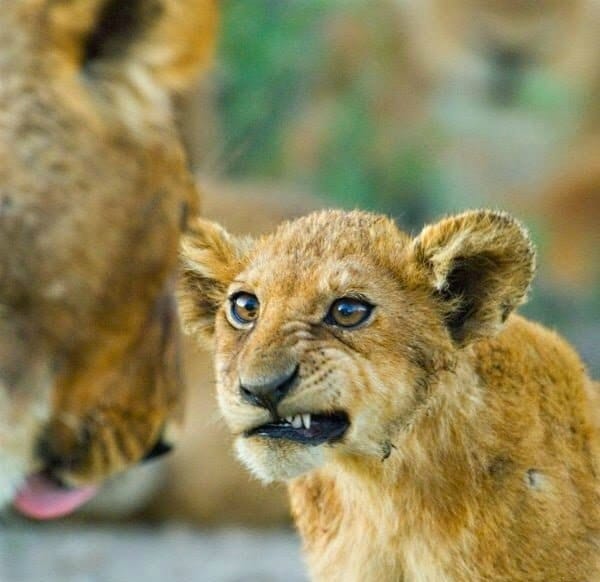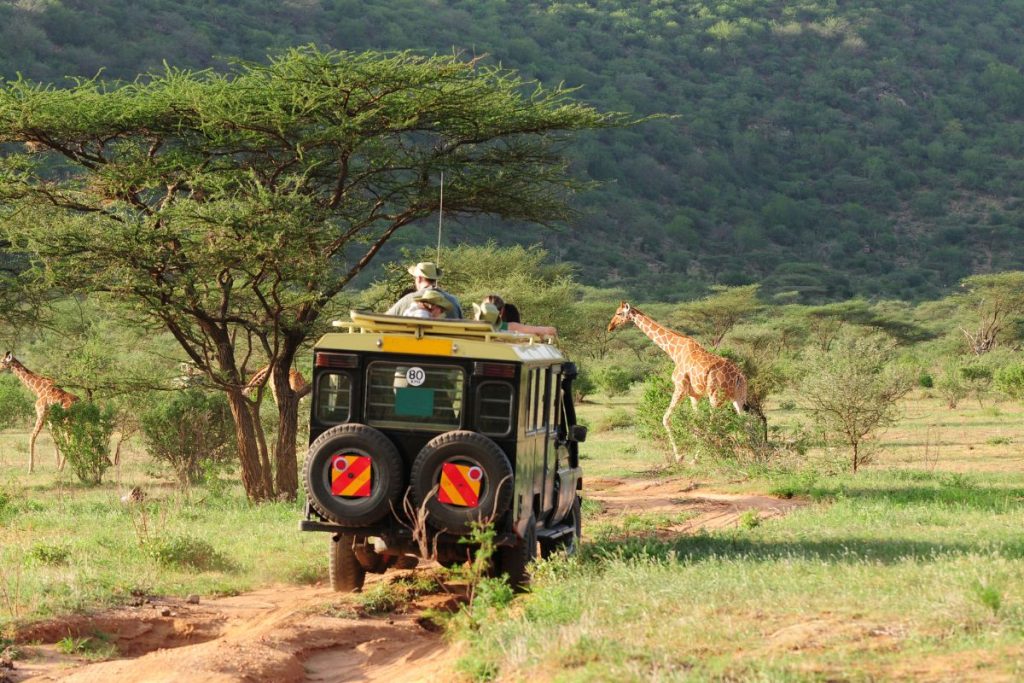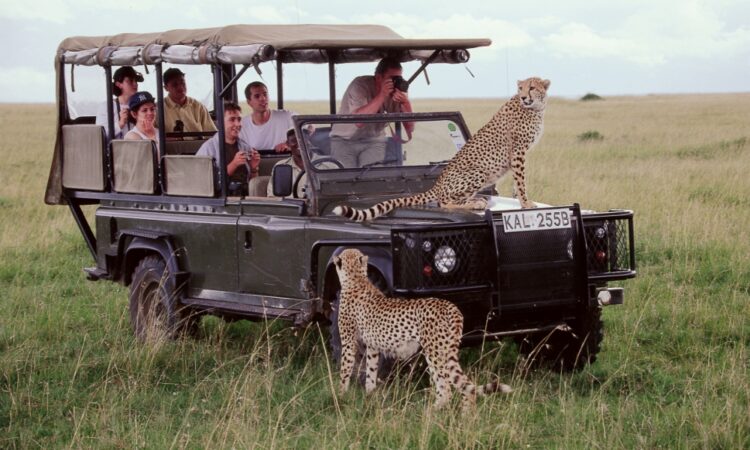Handy Suggestions To Picking Devil666 Slot Sites
Handy Suggestions To Picking Devil666 Slot Sites
Blog Article
What Health Precautions Should I Know Before Visiting Mombasa Kenya?
It is vital to take health precautions while visiting Mombasa in Kenya. This will help ensure you enjoy your trip and remain safe. Here are key health issues to consider:
1. Vaccinations
Routine Vaccinations: Ensure that you are up-to-date on routine vaccines such as measles-mumps-rubella (MMR), diphtheria-tetanus-pertussis, varicella (chickenpox), polio, and your yearly flu shot.
Hepatitis A (recommended for anyone traveling): This is due to the high risk of drinking water contaminated and eating foods that are contaminated.
Hepatitis B It is advised to travelers who may be exposed to blood or bodily fluids (e.g., through sexual contacts, medical treatment, or drug use).
Typhoid: important for people who reside with family or friends and visit smaller cities, areas, or are food-lovers.
Yellow Fever The certificate of vaccination could be required for those who are from countries which are at risk of yellow Fever transmission. Make sure to check the most up-to-date requirements.
Rabies: People who are at risk of bites by animals while doing outdoor activities such as camping, hiking or caving should be aware of this.
2. Malaria Prevention
Mombasa is a region that has the highest rate of malaria. Talk to your physician about the best antimalarial medication for you.
Beware of mosquito Bites: Apply insect repellents with DEET, dress in long-sleeved clothes and long pants, particularly in the evenings and nights and then sleep with the mosquito net, if you're not in an air-conditioned or well-screened room.
3. Food and Water Safety
Drink only bottled water or boiling drinking water. Avoid tap water and any drinks that have frozen cubes of ice.
Avoid eating meats that are raw or cooked seafood, as well as unwashed fruit and vegetables. Avoid raw or undercooked meats, seafood, and unwashed fruits and vegetables. Street food should be avoided. Instead, go to restaurants that are reputable.
4. Diarrhoea Traveler
Hand Sanitizer or washing your hands with hot water and soap is a good method to ensure you are maintaining a healthy hand hygiene. Avoid consuming any food or beverage that comes from a source you doubt.
Keep medications such as loperamide (Imodium) and tablets for oral rehydration in your pocket. In the case of severe situations, it is possible consult with your physician.
5. Sun Protection
Apply a sunscreen with at least 30 SPF. Make sure to apply it regularly, especially in the event that you've spent time swimming or sweating.
Protective Clothing: Wear hats, sunglasses, as well as light, long-sleeved clothing to reduce the sun's rays.
6. Heating and Hydration
Avoid dehydration by drinking plenty of fluids. Caffeine and excessive alcohol can cause dehydration.
Avoid overexertion. Pause frequently particularly during the hot times during the day. To prevent heat exhaustion or heat stroke, seek shade or cool places.
7. Security in Water Activities
Swim in designated Areas Be aware of local guidelines regarding the conditions of swimming and potential hazards like strong currents.
Marine Life Awareness: Avoid harmful marine life including jellyfishes, sea urchins. Wear water shoes when walking in the water's surface.
8. Medical Care and Insurance
Travel Insurance: Make sure to get an insurance policy that is comprehensive and includes evacuation in the event of medical emergencies.
Local Medical Facilities: Become familiar yourself with the location of reputable medical facilities in Mombasa. Most major hotels have details about nearby medical facilities and hospitals.
Medication: Ensure that you are stocked with prescribed medication you are taking along with copies your prescriptions.
9. Emergency Contacts
The Embassy: Contact the embassy of your country of residence in Kenya.
Local Emergency Numbers: Be aware of the local emergency numbers police (999) and Fire (999) and Ambulance (999).
Enjoy your time in Mombasa and reduce the risk by taking these simple health tips. Follow the best mombasa safari tours for site examples including tours safari africa, beach in mombasa, africa in kenya, africa tours and safaris, trips to kenya africa, mombasa beach kenya, safari company kenya, safari and tours, trips to kenya, kenya travel and more.
What Weather Considerations Do I Need To Be Aware Of When I Am Traveling To Mombasa, Kenya?
It is crucial to be aware of the weather patterns of Mombasa prior to packing and make the most of your trip. Here are the main weather considerations:
1. Climate Overview
Mombasa enjoys a tropical climate, with summer temperatures that are high throughout the year. The temperature ranges from 24 degrees to 32degC.
2. Seasons
Hot and Humid Season (November through April) This time period is characterized by high temperatures and high humidity. It is also the most sought-after tourist season.
Long rains: (April-June) The rainy season is marked by severe rainfall and thunderstorms. The roads may be muddy, making difficult for travelers. This is a low-season for tourism.
Cooler Season (June through October) It is the most comfortable season to visit, with lower temperatures and humidity levels. The temperatures are generally pleasant, making it the perfect time for outdoor pursuits.
Short Rains (October-November) The time of the year is marked by shorter, less intense showers of rain. The rains are usually short, and then followed by sun.
3. Packing Tips
Lightweight Clothing - Pack clothing that's breathable and lightweight like cotton or linen, to help you stay cool in the heat of the day. hot.
Rain Gear: When traveling during the rainy season you must have an umbrella as well as a waterproof jacket and a pair of waterproof shoes.
Sun Protection: Sunscreen that has high SPF, a wide-brimmed hat, sunglasses, and light clothing that protects your skin help protect against the strong sun.
Wear your swimwear to the beach, or the hotel pool.
4. Weather Specific Activities
Beach Time: The best time to go to the beach is in the cooler months (June-October) in which the weather and sea conditions are ideal.
Water Sports: The calm clear, clear water from November to February is ideal for swimming, diving, snorkeling and other water sports.
Wildlife viewing. The cooler months (June-October) are also great for wildlife excursions or safaris as the temperatures are more tolerable.
5. Considerations for Health
Hydration: The hot and humid climate requires you to stay well-hydrated. Drink plenty of water, particularly when you are spending time outdoors.
Health-related infections involving heat: Be aware that heat exhaustion and heat stroke are possible. Wear loose-fitting clothing, and stay away from strenuous exercise during the peak heat.
6. Travel Adjustments
Be prepared for delays if you intend to travel during rainy season. Some roads might be blocked. Outdoor activities may be restricted.
Delays in flights: Tropical storms and rain could cause delays on flights. Make contingency plans and keep up-to-date with your travel plans.
7. Environmental Besorgnization
Natural hazards: Be aware of the possibility of flooding during heavy rains. Always stay informed of weather conditions. Also, adhere to any safety guidelines issued by your local authorities.
Be aware that tides can change dramatically when planning beach activities. Check the tide times in your area prior to beachcombing or swimming.
Knowing these weather conditions will allow you to plan your activities and pack accordingly, so that you can have fun in Mombasa in peace. Follow the most popular island snorkeling in mombasa for site examples including kenya safari tours, kenya mombasa holiday packages, travel & tours company, beach in mombasa, trips to kenya africa, kenya travel packages, trip tour companies, tour and travels, safari a nairobi, safari and tours and more.
What Financial Planning Considerations Should I Be Aware Of When Planning My Next Holiday In Mombasa?
Making sure you budget your money well will result in a more enjoyable and relaxing trip in Mombasa. Here are key financial issues to keep in your mind:
1. Budgeting
Accommodation: Make a plan and research your accommodation. The cost of lodging can vary widely depending on its nature and the area.
Include the cost of airfares and local transport (tuk-tuks and matatus), car rental, and any other excursions.
Budget for eating out, snacks and meals. From low-cost eateries to luxury ones, prices can differ.
Make your plans for tours and activities include the cost of entrance costs, guided tours, and other activities such as excursions, water sports, or cultural tours.
2. Currency and Exchange Rates
Kenyan Shillings are the currency of Kenya. Learn about exchange rates.
Currency Exchange Make sure you exchange your currency with reputable currency exchange companies or banks. Avoid exchanging money on the streets.
ATMs: There are ATMs all over Mombasa. Make sure your card is compatible for international withdrawals.
3. Payment Methods
Cash: Carry cash in order to pay for small purchases and for tipping. Also, bring cash just in case you need it in places which don't accept cards.
Major credit cards are accepted in hotels, restaurants and larger shops. Contact your bank as soon as you are aware of your plans so that your credit card isn't blocked.
M-Pesa Mobile Payments is extensively utilized by Kenyans. It's a good option for transactions if you're planning on using a local SIM card.
4. Cost-saving Tips
Travel outside of the season. You can save money on accommodation and flights by travelling in the shoulder season or the low-season (April-June and October-November).
The earlier you book, the better. will help you get lower prices on accommodation, travel, and excursions.
Local Eateries: Eat at local eateries and food stalls to enjoy the most authentic and budget-friendly experience.
5. Tipping
Tipping has now become an African tradition. In restaurants, it is customary to tip 10% if there is no service offered. At your discretion, give tips to hotel staff, drivers and guides.
Small tips are always appreciated. For instance, you can tip the porters KES 50-100 for a bag and the housekeepers 100 KES a day.
6. Emergency Funds
Reserve Funds: Keep an emergency cash reserve and make sure that you have access funds via credit or debit card in case of unexpected expenses.
Travel Insurance - Purchase an insurance policy that is comprehensive and covers cancellations, medical emergencies and theft.
7. Security
Utilize hotel safes to store valuables such as passports, cash and other valuables. Be aware when you use ATMs, particularly at night.
Avoid Carrying Big Sums. Avoid carrying large cash in your. Split up your cards and cash between the wallet and the place which is secure.
8. Local Transactions
Bargaining: Bargaining is a common practice in local markets. Pay attention to the seller and be witty. Be sure to get an affordable price.
Keep receipts or records of significant transactions. Budget tracking and dispute resolution may be benefited from this.
9. Understanding Fees
Your bank may charge you fees for international withdrawals. Some ATMs may charge a fee when using foreign cards.
Currency Conversion Fees Be aware of fees your bank may charge for currency conversion when using your debit or credit card overseas.
You can have a relaxing holiday in Mombasa by managing your finances efficiently. View the best mombasa watamu snorkeling for website info including kenya tourism, african safari tours kenya, africa tours, africa tours, safari trips in kenya, tours & safaris, mombasa tours, travel tours in kenya, tours and safaris in kenya, africa tours and safaris and more.